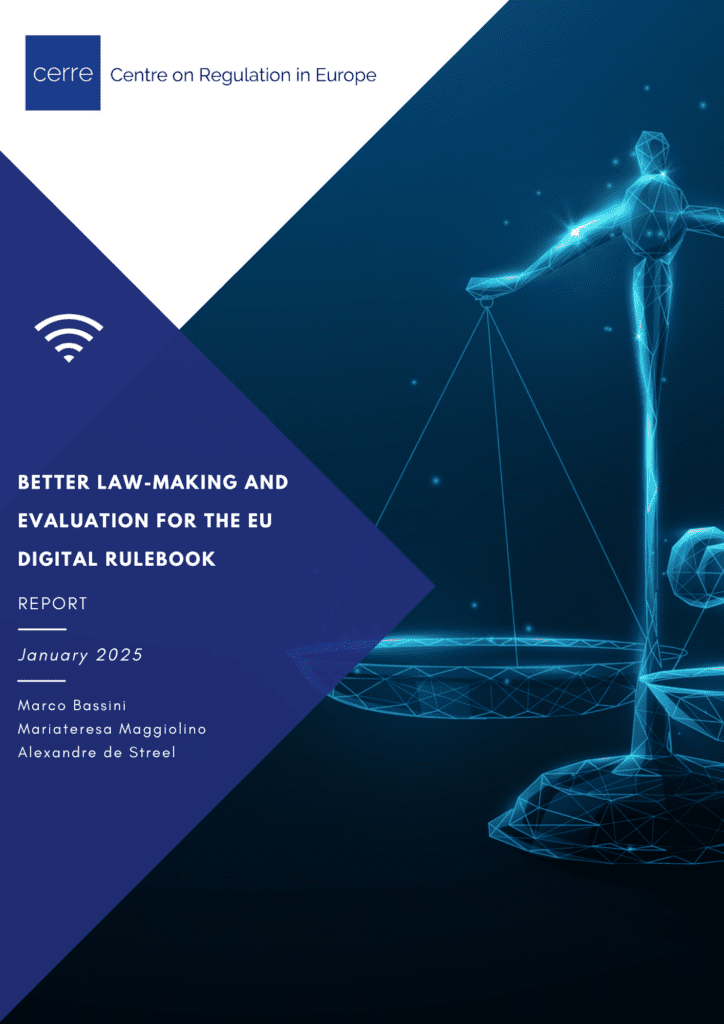and Tilburg Institute for Law, Technology, and Society – Tilburg University
Marco Bassini is Assistant Professor of Fundamental Rights and Artificial Intelligence at the Tilburg Institute for Law, Technology, and Society – Tilburg University. Previously, he served as adjunct professor of Constitutional Law and Internet Law at Bocconi University, where he also was appointed coordinator for the LLM program in Law of Internet Technology from 2020 to 2022. From 2017 to 2021, he was a postdoctoral researcher at Bocconi University. In 2016 he was a postdoctoral Emile Noël Fellow at New York University and he obtained his PhD in Constitutional Law and European Law from the University of Verona. For over a decade Marco has combined his academic career with legal practice, working at international law firms in Milan and Rome and serving as data protection officer with leading organizations. He also served as external advisor, among others, to the Italian Communications Authority and to the Italian Ministry for Technological Innovation. Marco’s research interests include: protection of human rights in the digital age, regulatory strategies for technology, populism and the Internet.
Marco Bassini is Assistant Professor of Fundamental Rights and Artificial Intelligence at the Tilburg Institute for Law, Technology, and Society – Tilburg University. Previously, he served as adjunct professor of Constitutional Law and Internet Law at Bocconi University, where he also was appointed coordinator for the LLM program in Law of Internet Technology from 2020 to 2022. From 2017 to 2021, he was a postdoctoral researcher at Bocconi University. In 2016 he was a postdoctoral Emile Noël Fellow at New York University and he obtained his PhD in Constitutional Law and European Law from the University of Verona. For over a decade Marco has combined his academic career with legal practice, working at international law firms in Milan and Rome and serving as data protection officer with leading organizations. He also served as external advisor, among others, to the Italian Communications Authority and to the Italian Ministry for Technological Innovation. Marco’s research interests include: protection of human rights in the digital age, regulatory strategies for technology, populism and the Internet.





